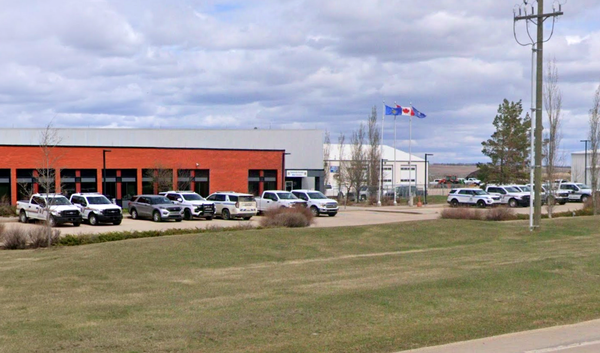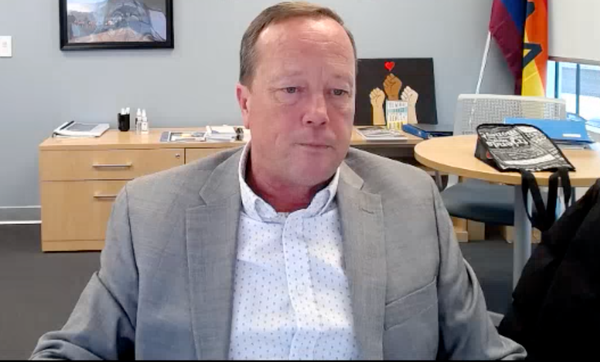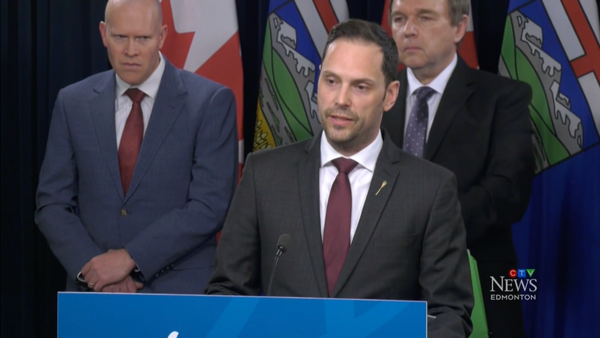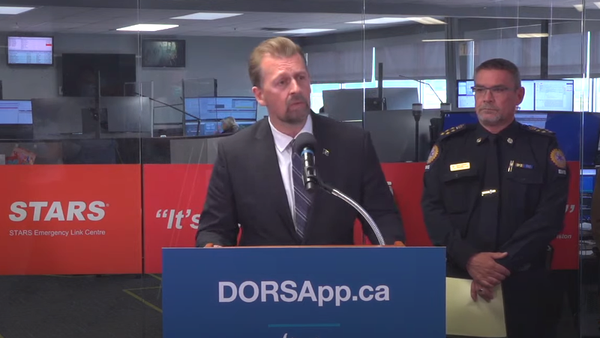“Eat an apple about it, loser”: Canada Is Broken star Pierre Poilievre loses long-held seat
Three months ago we thought we were facing the federalization of the notorious Alberta Model. Instead, we get a rightward lurch from a rejuvenated Liberal party while provincial premiers race to find the bottom of Charter rights of people who use drugs.

The election is over, and everyone can breathe one collective sigh of relief: Pierre Poilievre will not be "bringing our loved ones home drug-free,"
closing "drug dens," musing about forced abstinence or forcing his way between lifesaving doctor-patient decisions on prescribed safer supply that he calls "taxpayer-funded hard drugs."
In fact, Poilievre will not even be sitting inside Parliament.
lol this guy isn't even gonna win his seat in Parliament back? Eat an apple about it loser.
— Tim Onion (@bencollins.bsky.social) 2025-04-29T05:03:19.159Z
Didn't catch the apple reference?
The NDP will hold the balance of power, and this means one more chance for serious progress on dismantling the Controlled Drugs and Substances Act.
The unfortunate reality, however, is that the Liberal platform omitted any mention whatsoever of harm reduction.
This positioning is tied up with policing, and it increasingly seems that questioning the role of policing in mental health, housing and drug policy is the quickest path to unelectability in a world where police departments staff dozens in their Corporate Communications departments.
One notable exception was Sean Orr in the Vancouver city Council byelection recently, who came under fire from the Vancouver Police Union (VPU) even after badly beating their preferred candidate, Ralph Kaisers, fresh off serving five years as President of the VPU and BC Police Association.
Otherwise, it’s hard to name a recent election that empowered somebody running on a police defunding agenda, and the current federal Liberal platform is no exception. Their drug platform can be summed up as adding 1,000 new RCMP officers, giving police a "general warrant" to open mail in search of fentanyl, cracking down on workers in the illegal drug trade, tightening border security and feeding another $500 million into the Emergency Treatment Fund, which includes a mixture of harm reduction services and abstinence-based approaches. This isn't enough money, regardless of the mix.
And while no mention was made of forced abstinence measures in the platform, the politically nebulous term, "treatment bed," is being increasingly co-opted for medical incarceration of people who use drugs. BC Premier David Eby and Alberta Premier Danielle Smith are leading this charge.
While Eby tends to vanish in the blinding glare of Smith's Compassionate Intervention Act, he has already built and planned hundreds of beds for secure confinement of people who use drugs. Eby has even leapfrogged Smith in deploying forced abstinence on prisoners.
This is occurring in the same one-year span in which Eby's government cut short its drug decriminalization pilot and rolled back safer opioid supply programs, cutting thousands of people off lifesaving medication, and two years after Alberta completed its transition away from medically prescribed opioids that would protect people from the unregulated supply.

Meanwhile, Ontario Premier Doug Ford is also tabling a bill to force abstinence on people in prison, on parole and on probation. Ford has recently dismantled a large portion of the province's network of supervised consumption sites, despite a legal injunction against forcibly closing the. His government is simply transitioning them into recovery centres.
Prime Minister Carney revealing that his government is undertaking "a review of the effectiveness" of supervised consumption sites, while provincial premiers are taking such drastic measures, should sound a five-alarm fire for anyone concerned about their neighbours who use drugs.
Carney appears to be ignoring mountains of studies on the effectiveness of supervised consumption sites over recent decades. Their conclusions: whether you're asking about public health, public safety, public cleanliness or public cost, they are effective. Forced abstinence has no evidence supporting its widespread deployment (note potential conflicts of interests listed by senior author Robert Tanguay). Meanwhile, research from compulsory mental health treatment orders shows that once these measures are in place, they're nearly impossible to remove.
Which brings us back to the dominant political parties, and their tendency to cozy up to the institutions that will get them into office and keep them there. The most notable example of this is the election of Aaron Gunn in North Island-Powell River.
by electing Aaron Gunn, Canada has in its incoming parliament, a man who is not only comfortable with but versed in exploiting others' trauma to advance an agenda to punish those same people
— dustin (@godfrey.bsky.social) 2025-04-29T16:16:43.691Z
Gunn gained notoriety for his "Vancouver is Dying" police propaganda film, which received millions of views, provided Poilievre with endless ammunition and prompted Poilievre's infamous "Canada is Broken" promo video. Crackdown podcast, recognizing the signs of an overt right-wing backlash against people who use drugs, responded to the video in July 2023.
Gunn announced his Conservative candidacy for North Vancouver Island two months later. But weeks before election day, his recent residential school-denying comments surfaced and were taken to task by Indigenous communities.
If Sean Orr was a bellwether for the acceptability of policing critique by election candidates, Gunn reaffirmed the playbook that every boot licked is ten votes in the mail.
And where does this leave Poilievre and the Conservative party leadership? Doug Ford appears to have his eye on that prize. If so, he will make a formidable contender for PM.
This means–after having to endure yet more years of flimsy Liberal drug policy, continuing to breathe new air into the now-mummified Controlled Drugs and Substances Act–at the end of that dark tunnel awaits the team that closed supervised consumption sites despite a court injunction.
And Ford won't have to force a smile.
So, find your tenants union, find your police watch group, attend your city's police commission meetings and demand real oversight, talk to your favourite business and make sure they’re carrying Naloxone and opening bathrooms to people who don’t otherwise have access, and talk to your NDP representatives and make sure they know that you won't let them off the hook with a couple token policy wins this term–that this parliament, real impact happens immediately or they’ll be the target of protests, too.
The NDP are now the most powerful progressive representatives in this country at perhaps the most critical moment in their history, holding the balance of power on every Liberal bill, and they need to reacquaint themselves with their social democratic roots. They set the foundation with Gord Johns' Bill C-216–it's time to follow through.
Most of all, at least for today, remember that there is always a reason to smile. 🍎
Drug Data Decoded provides analysis using news sources, publicly available data sets and freedom of information submissions, from which the author draws reasonable opinions. The author is not a journalist.





